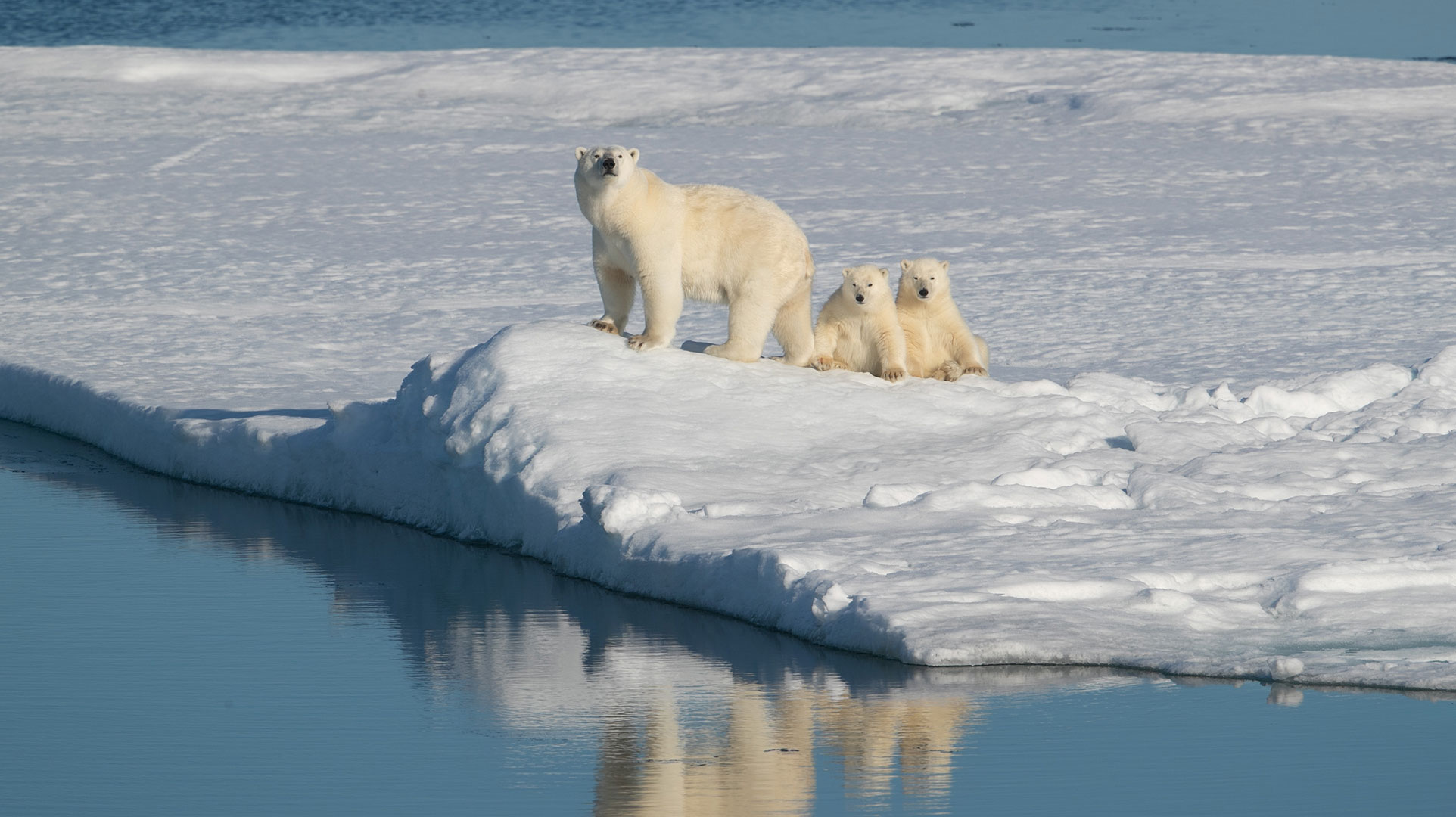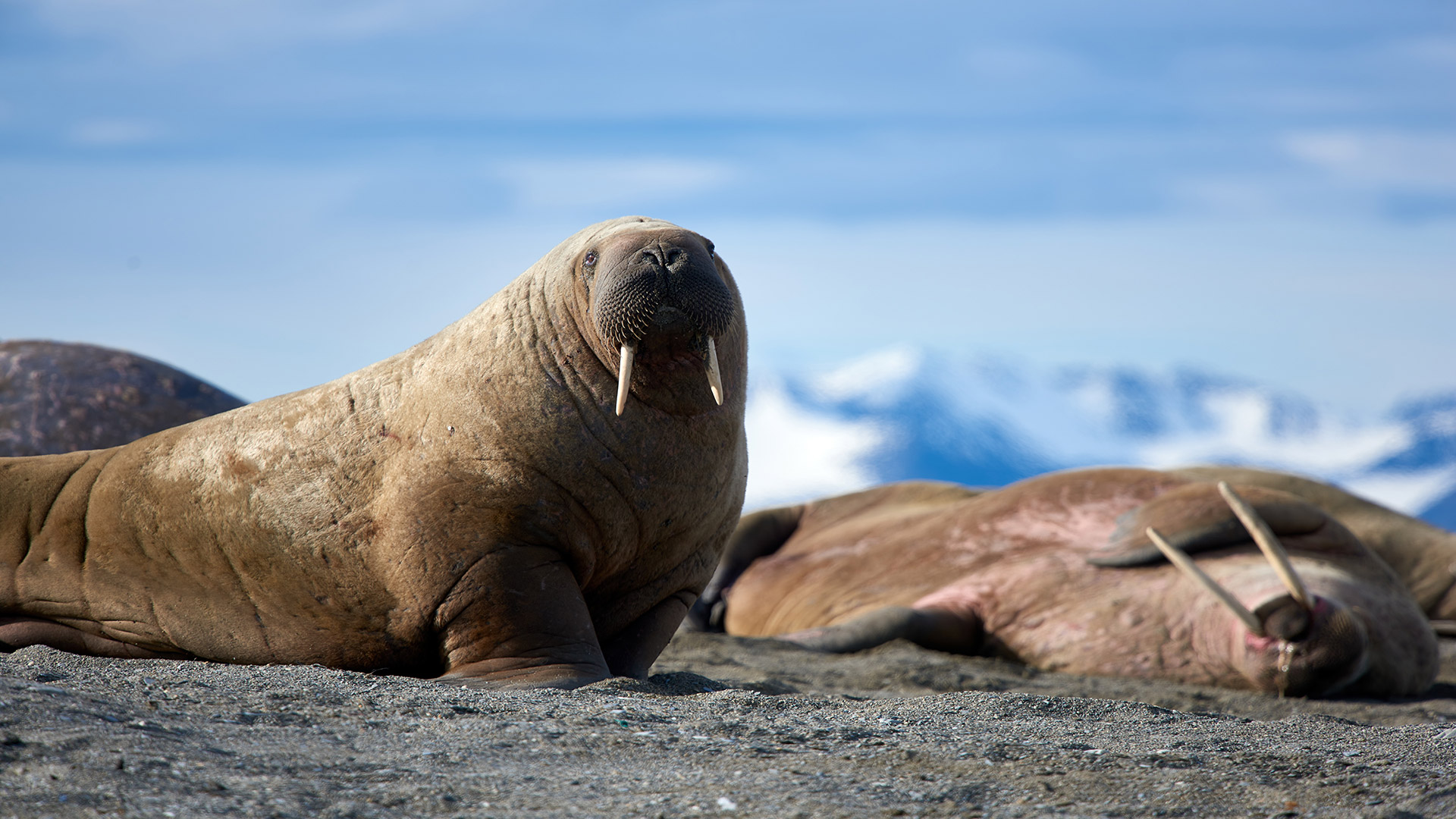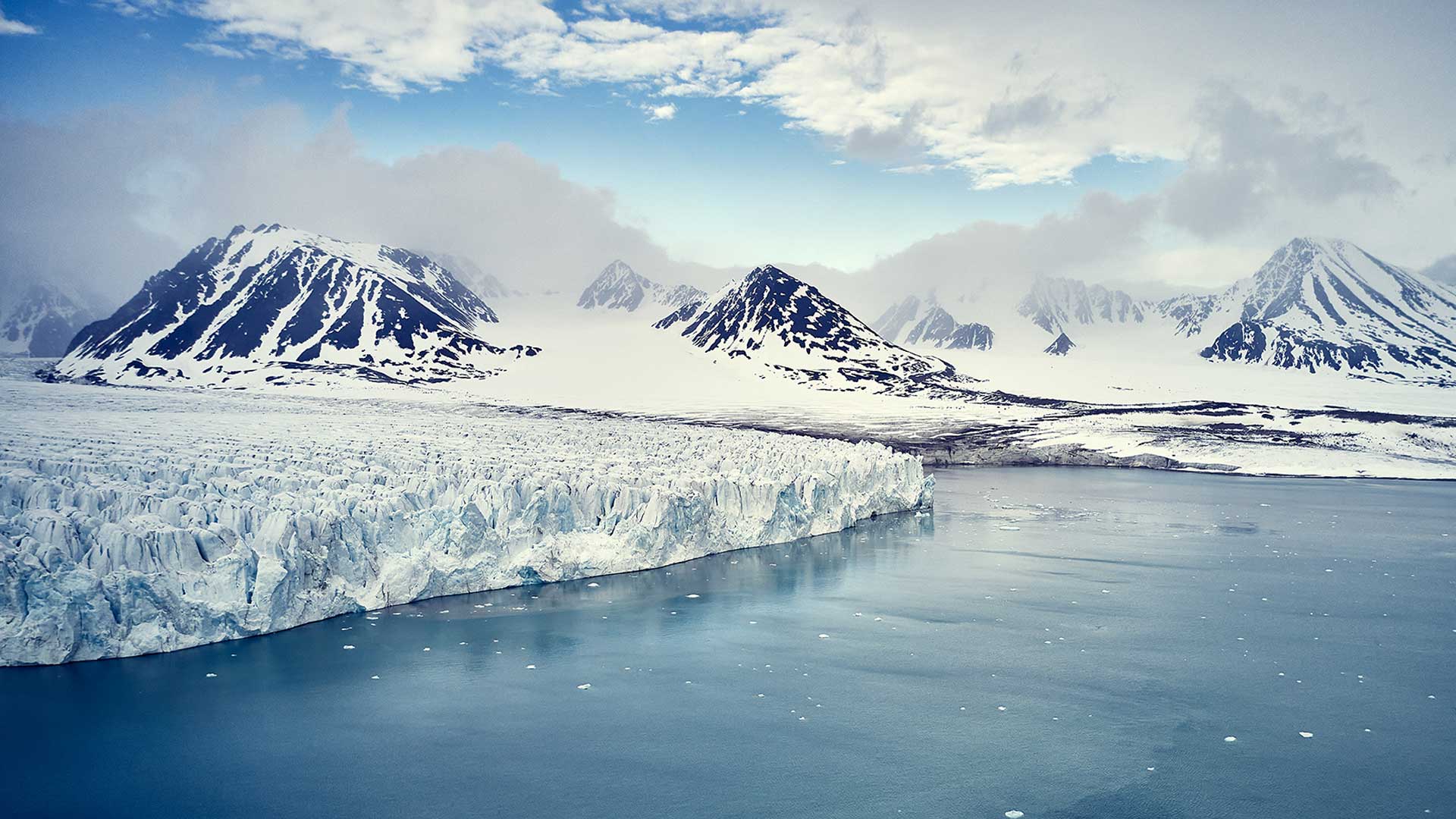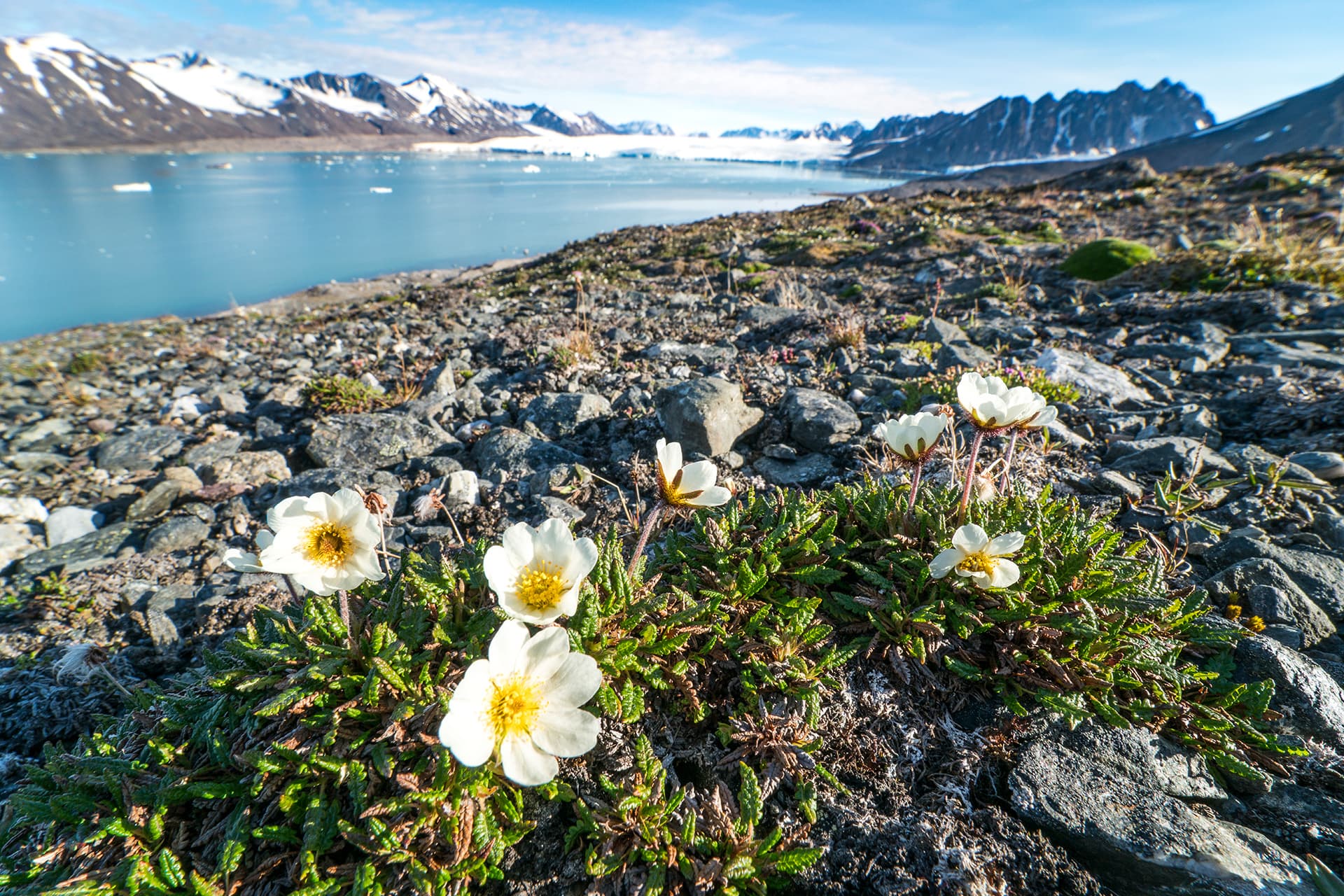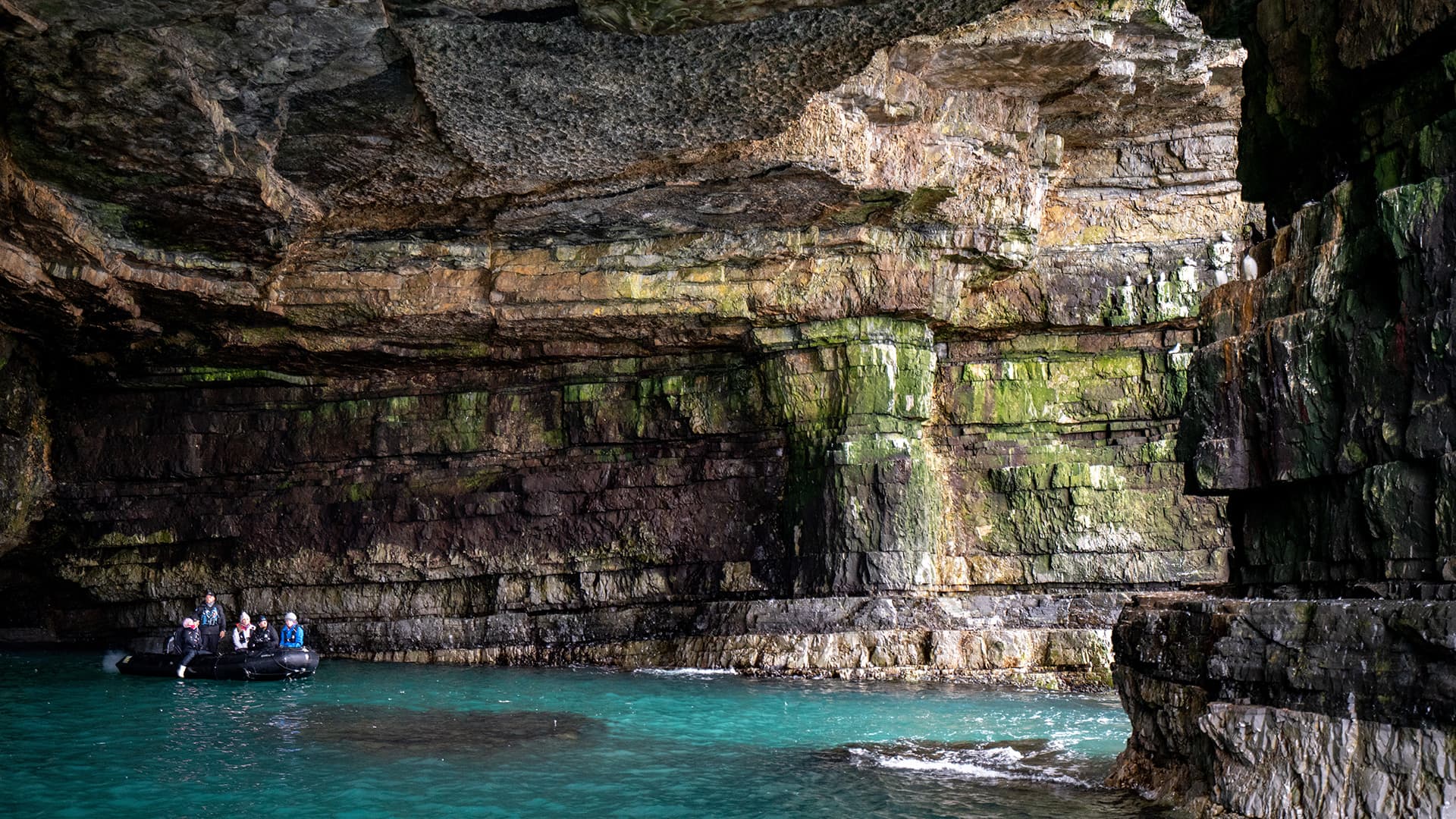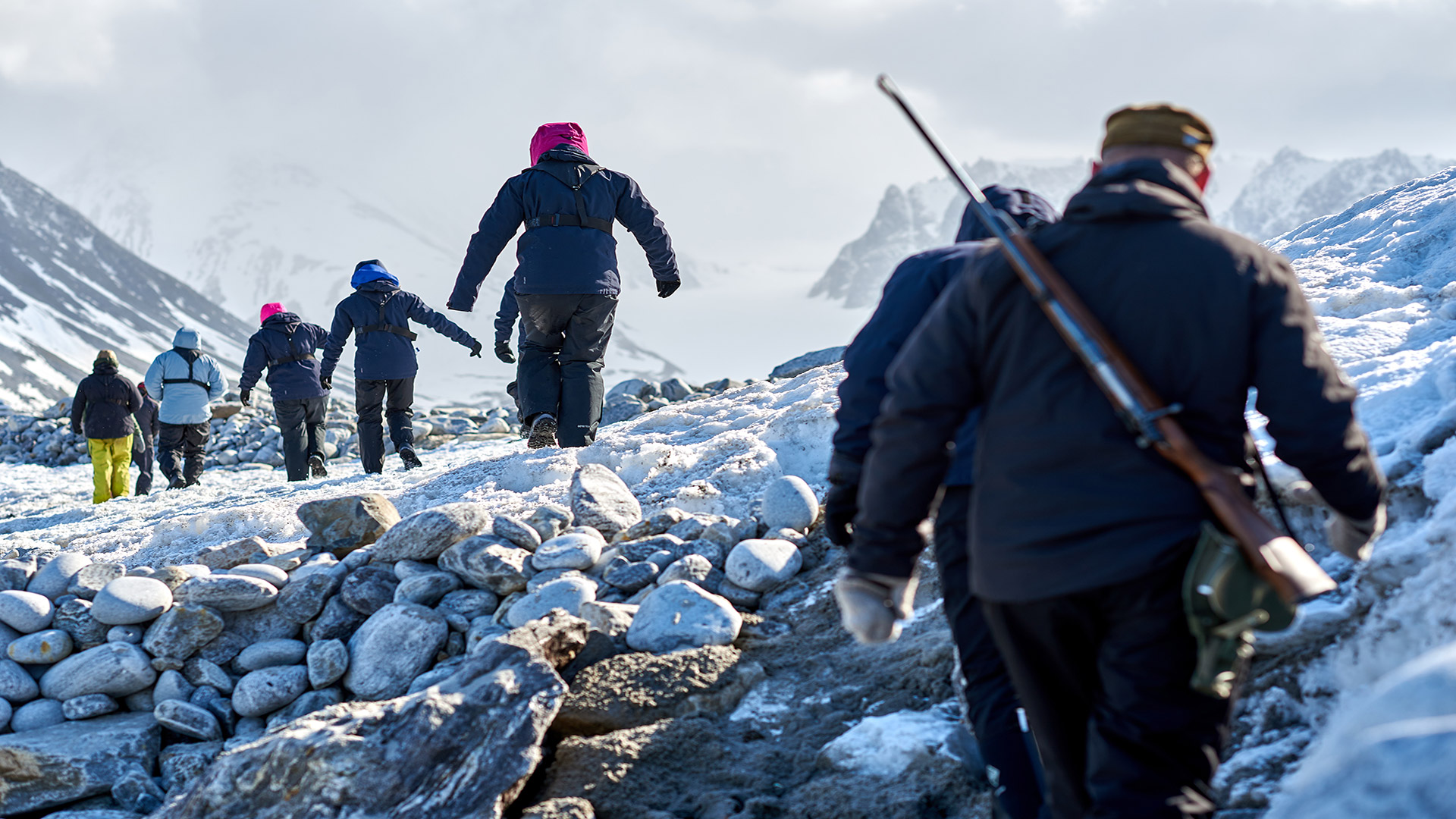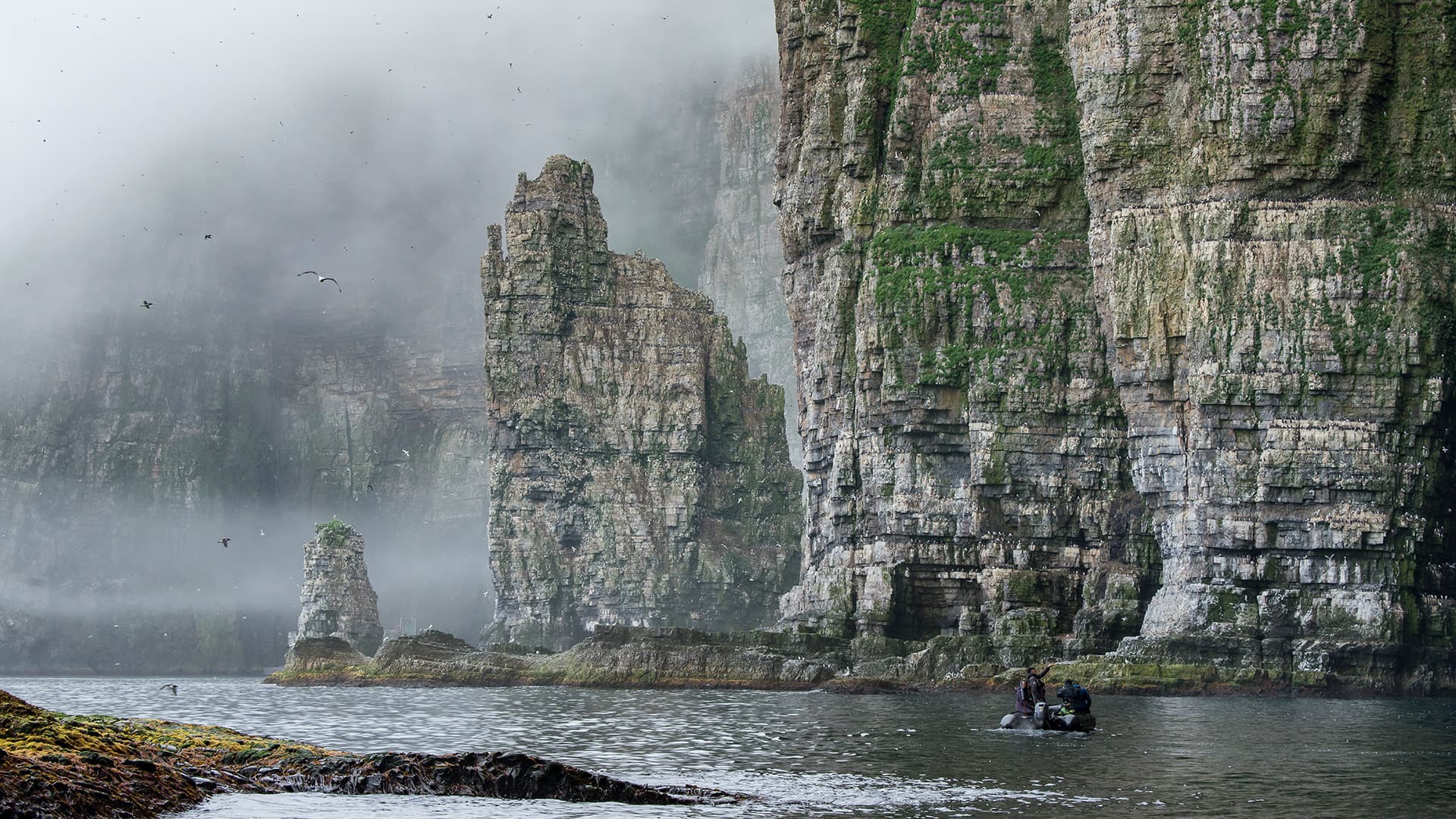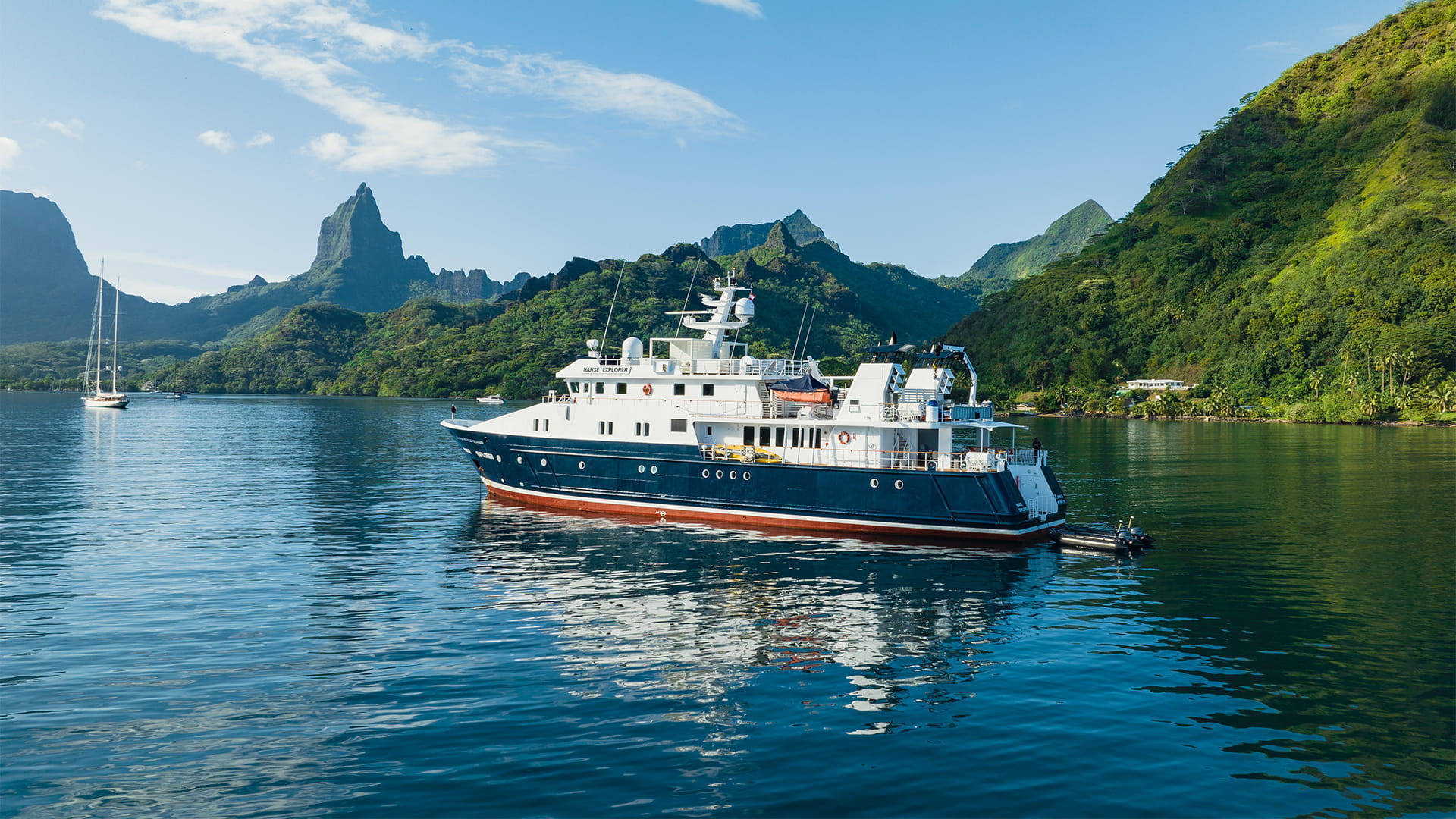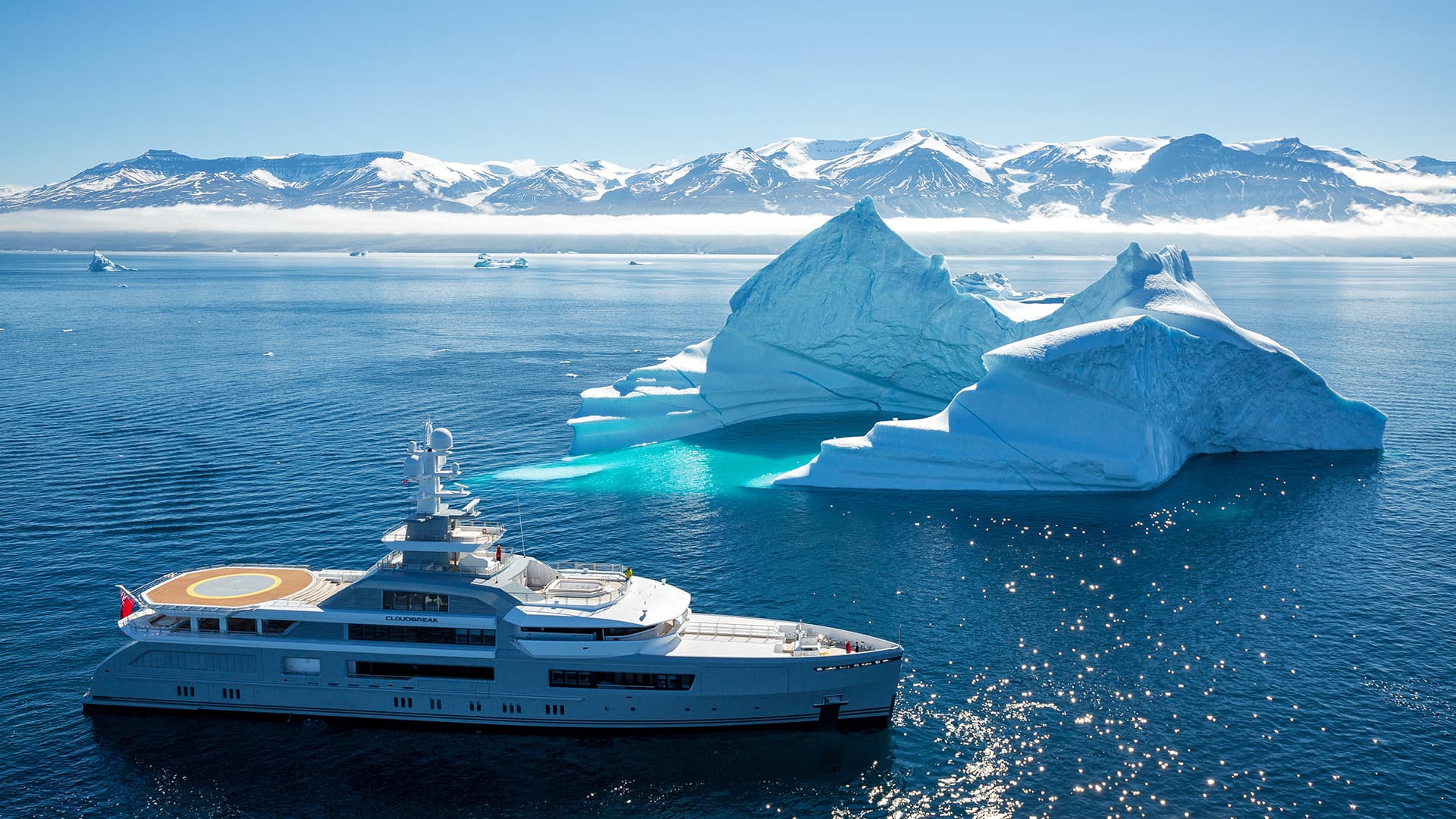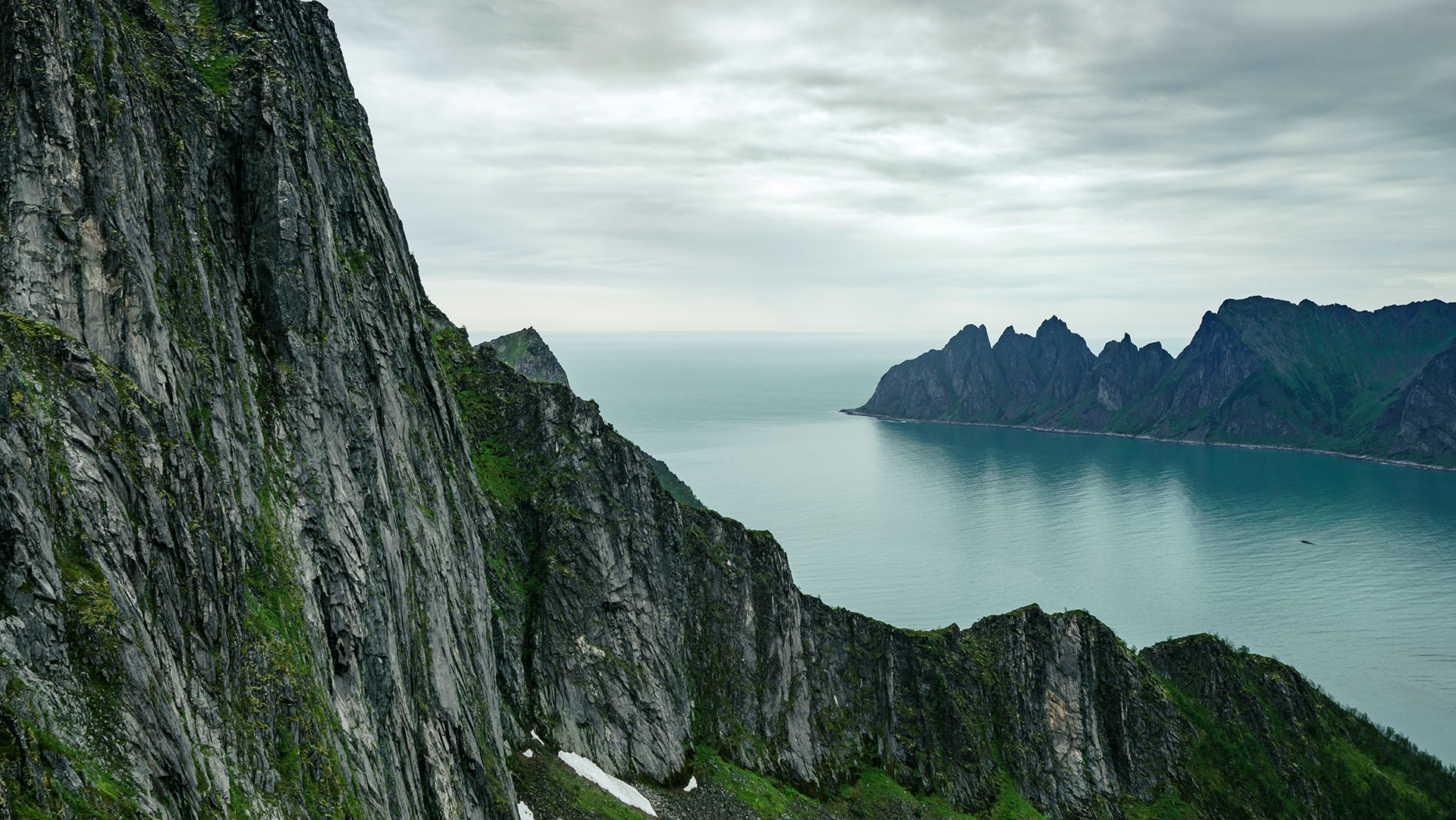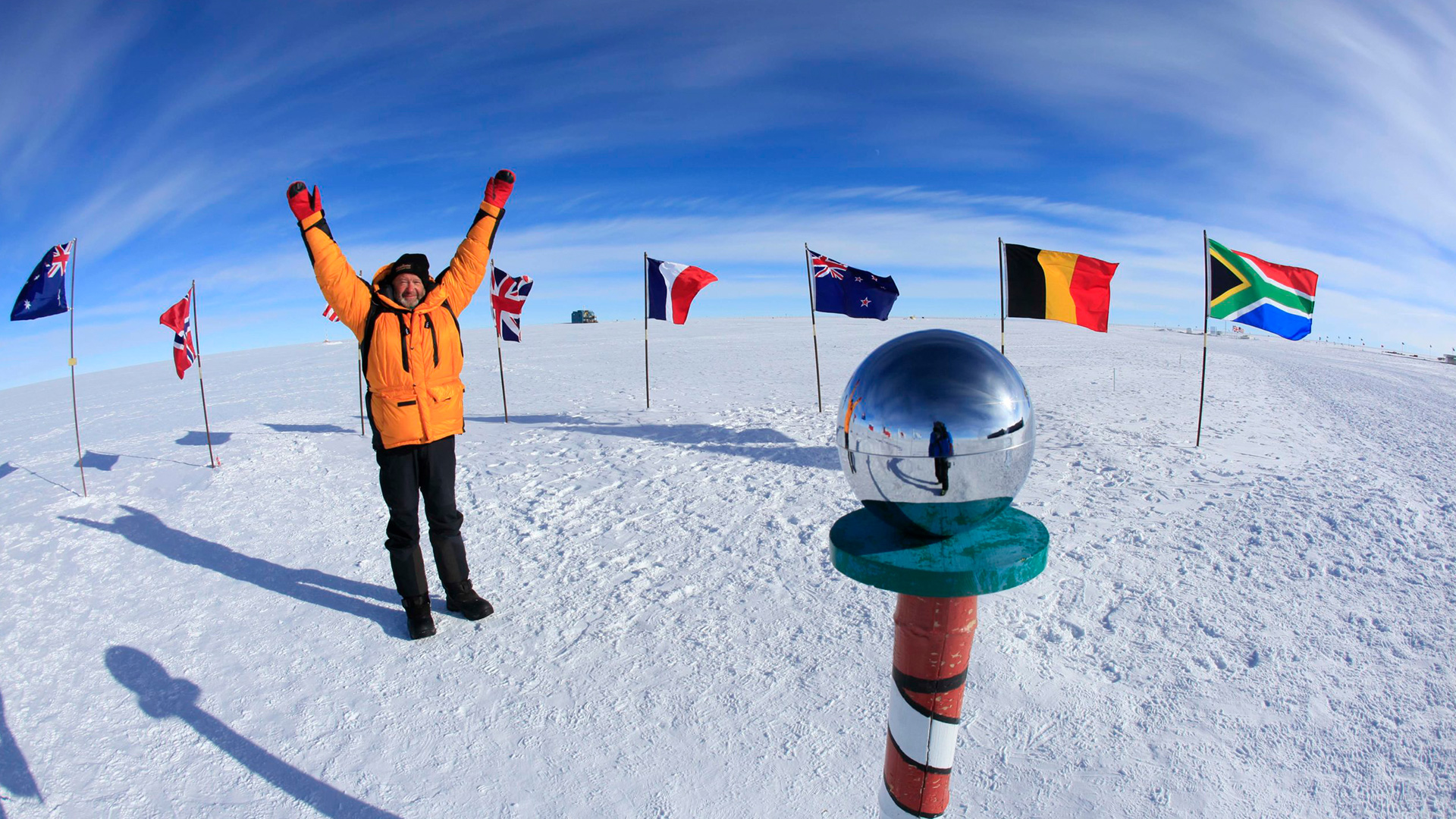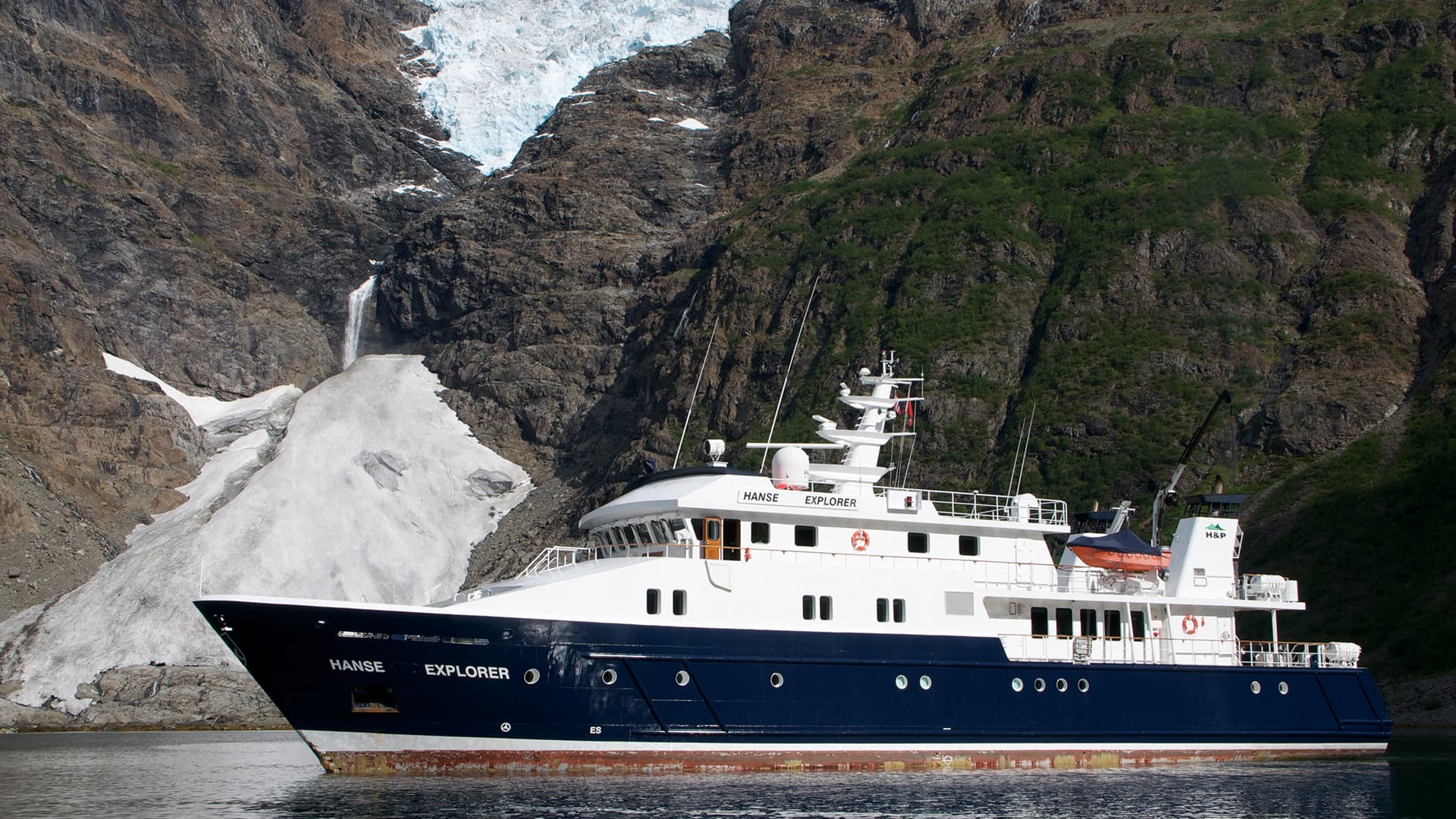A VAST
WILDERNESS
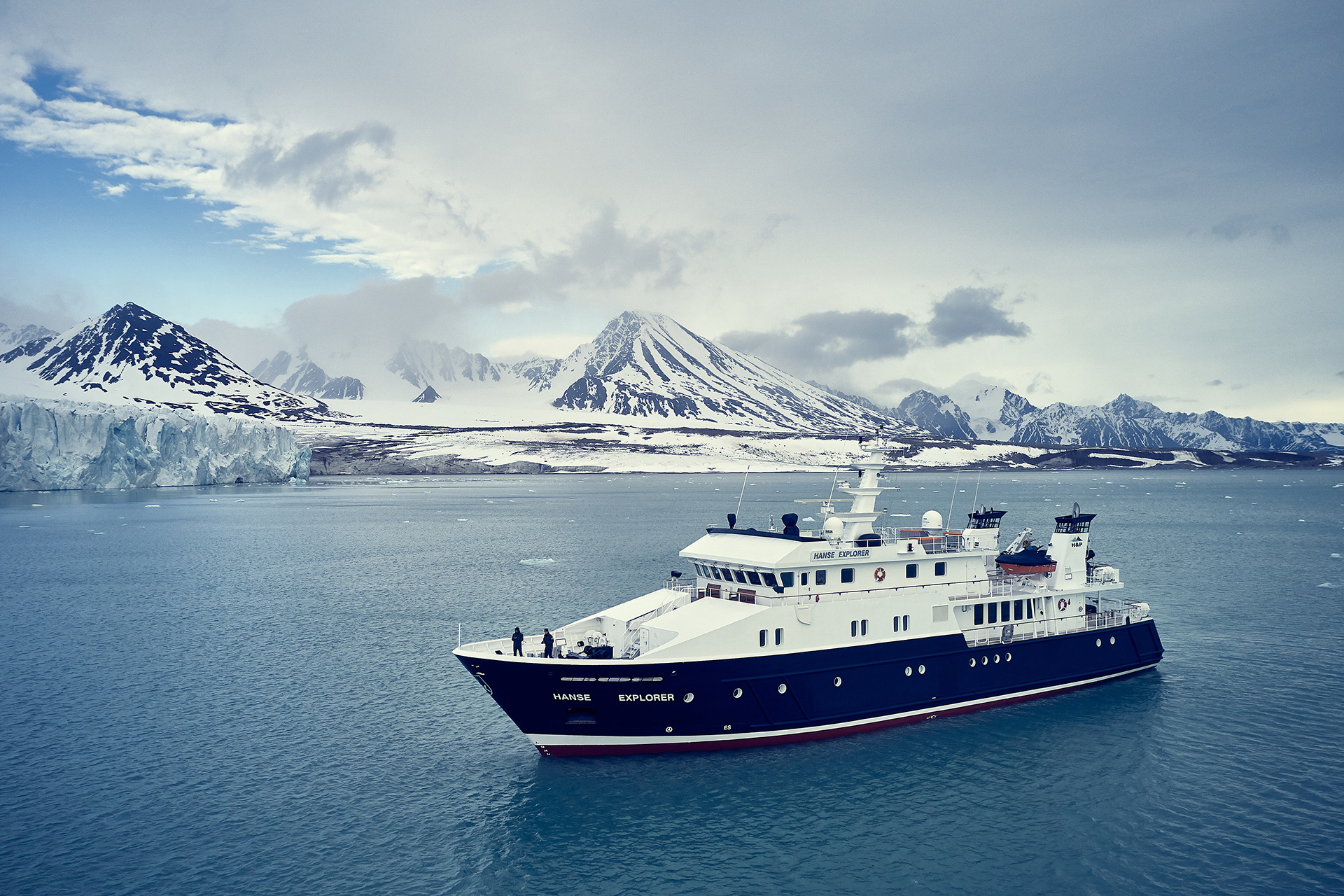
The Arctic: vast, unpopulated, unforested, weathered by the relentless action of ice against weary rock, painted from pallet of countless blues and greys, roamed by the polar bear, the walrus and the beluga is encapsulated almost in its entirety in Svalbard. Within the compact archipelago, angular glacier-carved peaks give way to more solemn muted buttes and then to the barren expanse of sea ice within miles.
Ice caps drain bergs into frigid waters. Inside every bay there is a possibility to see seals, reindeer, arctic fox, nesting seabirds, patrolling orcas and of course the ubiquitous phantom of the ice, the polar bear.

A UNIQUE
LOCATION
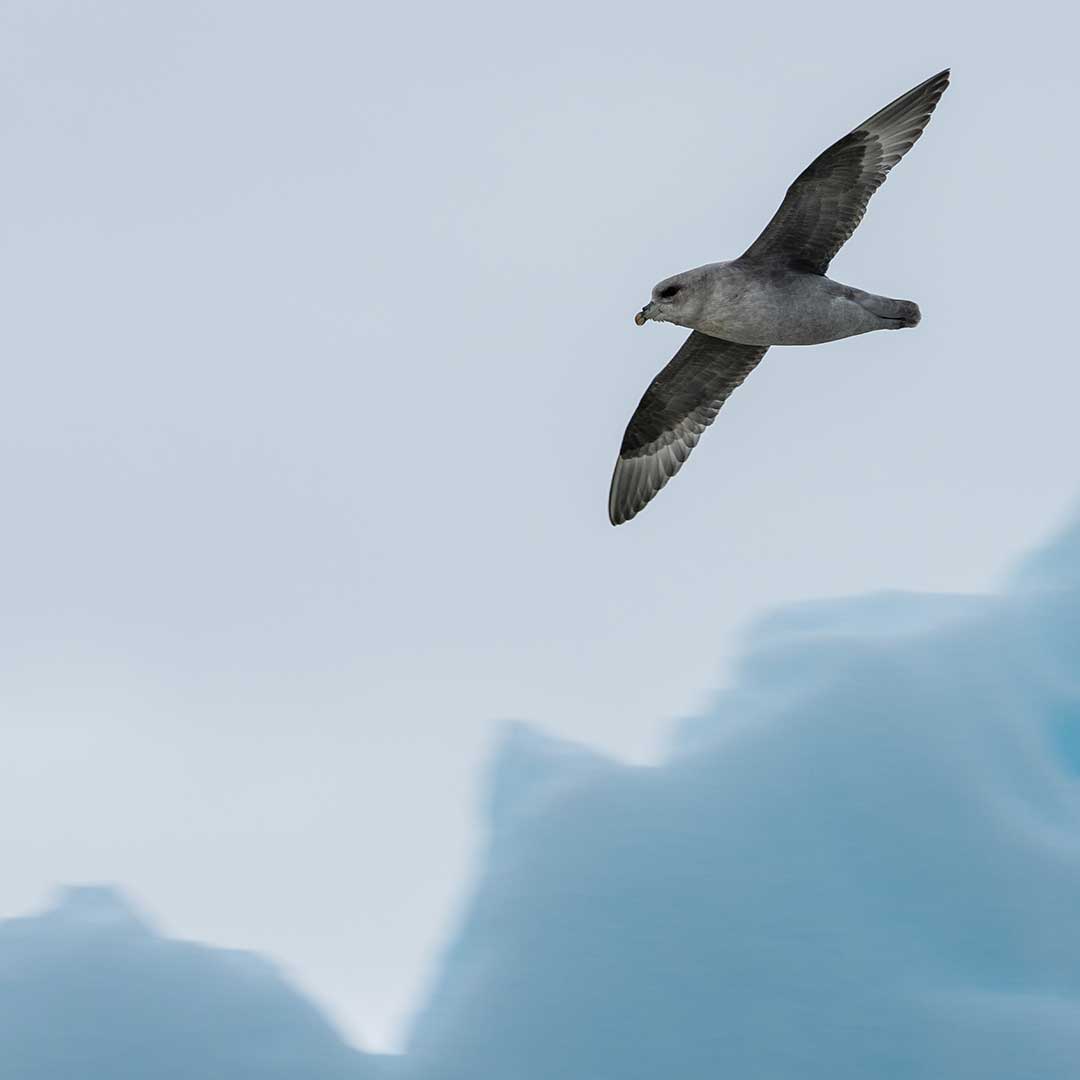
Nowhere on the planet can a yacht sail closer to a pole than in Svalbard. The northern edge of Svalbard’s archipelago sits less than 600 miles from the North Pole.
Only a few places in north Greenland and arctic Canada edge closer, but they are beset year round with tenacious ice, thwarting even the most powerful icebreakers.

SAMPLE ITINERARY FOR A
SVALBARD EXPEDITION
GETTING
AROUND
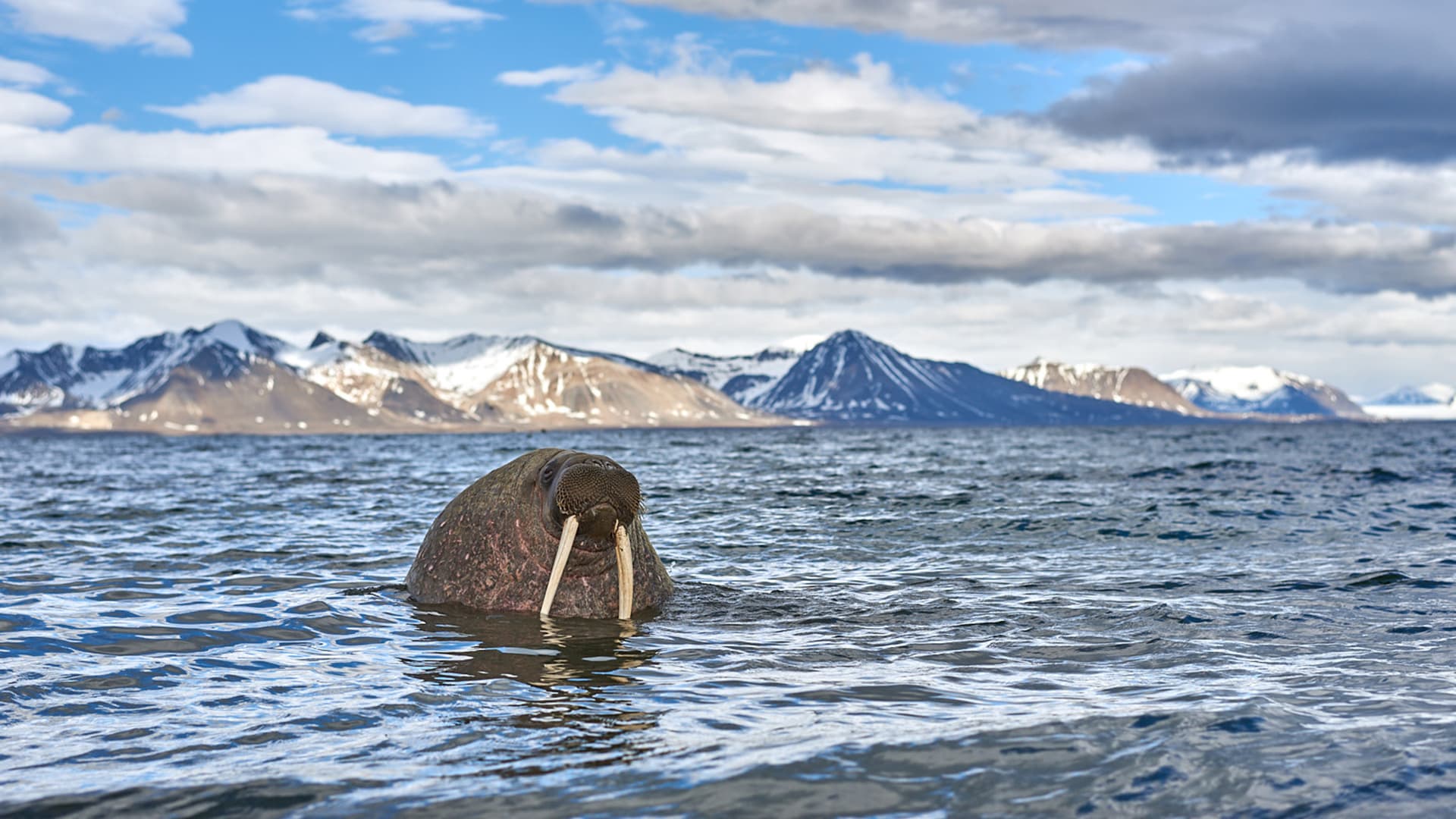
Longyearbyen, the largest of only a few permanent settlements in Svalbard, is accessible by air year-round via Oslo, Norway. After a few-minute transfer from the airport to a waiting yacht, one can be alone in the high Arctic in the time it takes to sail around the first headland. Once aboard an expedition yacht, every highlight in Svalbard is available.
Unlike other destinations that advertise looks at polar bears, the search here is done in pure wilderness, where the wildlife has had practically no experience with the attractions or deterrents of a human population. Interactions in Svalbard, as often as not, involve curious animals approaching their observers, rather than fleeing. Exploring in a yacht’s zodiac allows for barrier-less, eye-level encounters, much closer and safer than could ever be achieved on land. Staying onboard a vessel means total immersion in the polar environment, poised at any point in the 24-hour daylight to opportunistically spot the natural residents of this wilderness as they feed and hunt during the fleeting summer.

